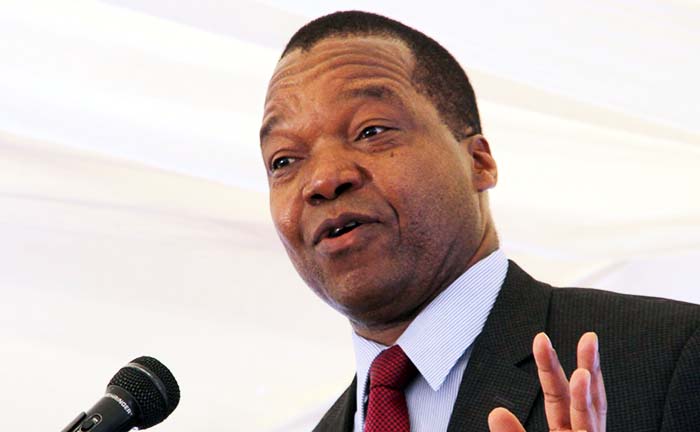Bread prices set to drop

Columbus Mabika Herald Reporter
BREAD prices are set to drop after the Reserve Bank of Zimbabwe (RBZ) pledged to prioritise foreign currency allotments to the National Bakers Association of Zimbabwe to facilitate the importation of wheat and procurement of fuel.
This comes as prices of bread have recently shot up, reacting partly to the global commodities crises triggered by the Russia/Ukraine conflict, imported inflation as well as unscrupulous tendencies by some businesses.
This all combined to push the price of bread to over US$1.
However, in a statement yesterday, RBZ Governor Dr John Mangudya said the central bank is working on fundamentals to allow producers to obtain full requirements of foreign exchange through the weekly foreign exchange auctions for importation of raw materials.
“The Reserve Bank of Zimbabwe (the Bank) wishes to advise the public that it held a consultative meeting with the National Bakers Association of Zimbabwe (the Bakers Association) on 17 June 2022 and deliberated on the cost build-up in the bread value chain,” reads part of the statement.
“Taking into account the submissions by the Bakers Association and the need to stabilise the price of bread, the Bank agreed with the Bakers Association that its members would access their full requirements of foreign exchange through the weekly foreign exchange auctions for importation of inputs and procurement of fuel for the distribution of bread across the country.
“In view of the positive engagement with the Bakers Association, it is expected that members of the Bakers Association will review the price of bread downwards. Going forward, the price of bread will be adjusted on account of economic fundamentals that include global price trends of inputs and the movement of the foreign currency exchange rate.”
National Bakers Association of Zimbabwe president Mr Dennis Wallah attributed the bread price hikes to an upward surge in cost drivers such as fuel and bread flour.
“I am sure you are aware that in terms of the value chain system, the baking industry is at the end of the value chain. So, when anything happens along the value chain, it affects us in terms of pricing. For example, the Zimdollar fuel is non-existent on the market and that impacts us,” he said.
“May I hasten to say that the association does not prescribe retail prices, though they get their product from the same suppliers.”
In April, the Grain Millers Association of Zimbabwe announced a 52 percent and 31 percent increase in prices of maize meal and flour respectively saying this was informed by an upward review by the Grain Marketing Board, rising costs in fuel and packaging.
This saw the price of a tonne of flour increasing from $164 523 to $215 000.
The Russia-Ukraine conflict has seen a rise in global fuel prices, a situation that impacts on production.
President Mnangagwa recently said the Government had come up with a comprehensive plan for the upcoming winter wheat farming season with a view to boosting output and reducing imports.
In the upcoming winter wheat cropping season, the Government targets to increase the hectarage under wheat to 75 000 hectares with an estimated yield of 383 500 tonnes making the country self-sufficient.
Over the years, Zimbabwe, whose national requirement is 360 000 tonnes of wheat annually, has been relying on imports to cover the deficit, mainly from countries such as Russia, Ukraine, Argentina and Brazil.
Currently a loaf of bread costs between $500 and $635 depending on the supplier and retailer.









Comments